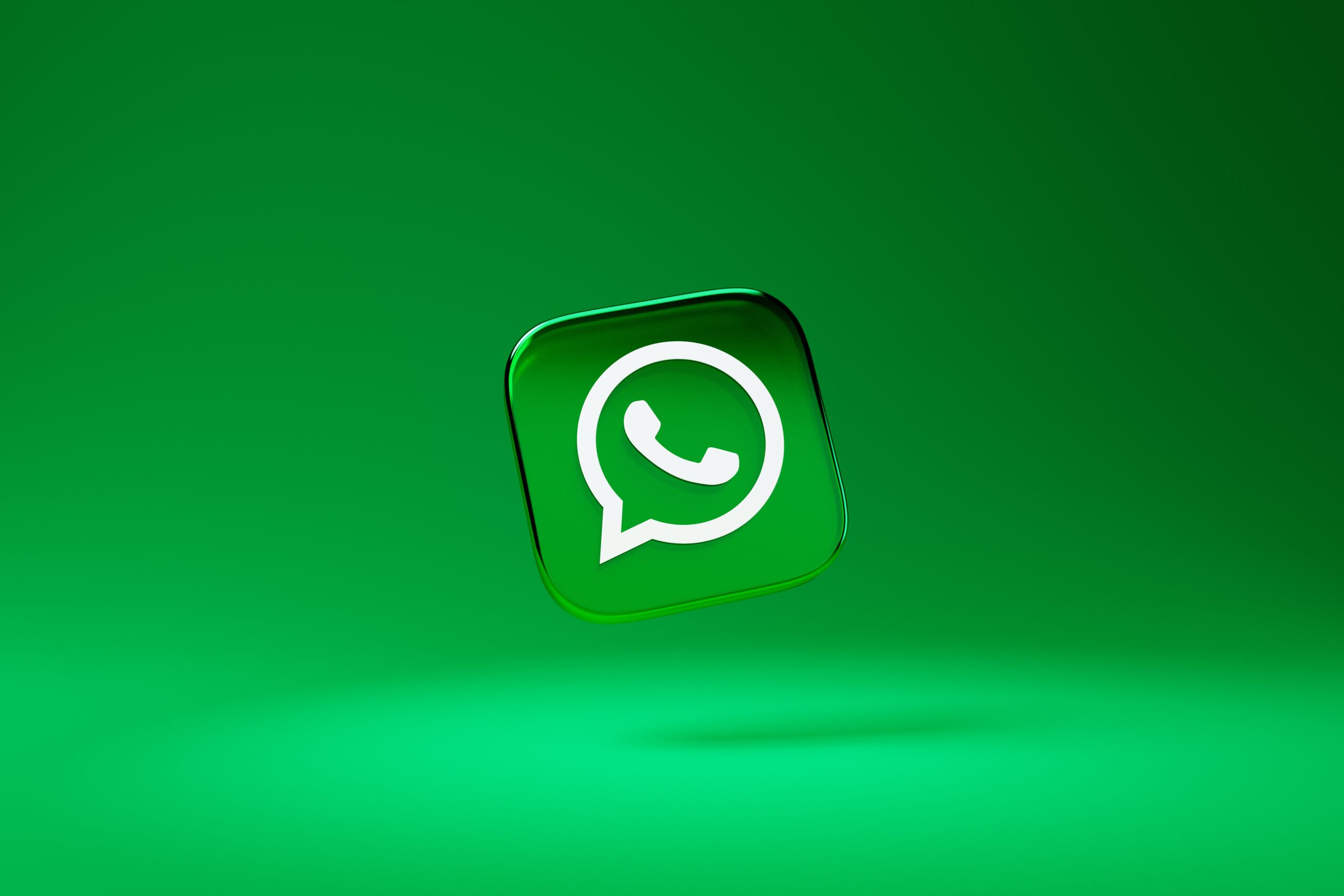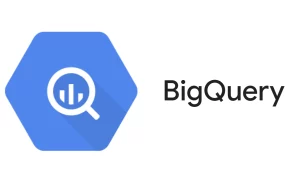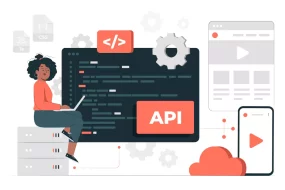- Home
- Technology
- The Beginner’s Guide to Usin ...

One question that almost anyone who is eager to get the best of the WhatsApp Instant Messenger is “what really is the difference between owning a personal and business WhatsApp account?”
Now ever since Meta Platforms, Inc., formerly known as Facebook, Inc., bought the Instant Messaging app for $19.3 billion in February 2014, the mobile app’s features have seen massive re-engineering, so much so, that the app is now made available in two really interesting variations.
With about 2.5 billion monthly active users on WhatsApp, the mobile app stands as the most popular mobile messaging app in the world over. It currently holds its place among the leading social media platforms with over 2 billion monthly active users.
And you know what?
In that position, it is next only to Facebook, its parent company, and YouTube, the popular video streaming platform. And these two platforms are at 2.74 and 2.29 billion users respectively.
Now isn’t that impressive?
With such statistics, it only borders on the really inquisitive mind how the platform can be used to the fullest, for personal, and especially business purposes.
In this article, we shall find out exactly how that comes to play.
Differences between WhatsApp and WhatsApp Business

The overlapping truth about both WhatsApp apps is that, in a world where communication lies at the epicenter of human interpersonal relations…
Individuals and businesses demand the speed, security, reliability, and reach that only instant messaging platforms can give.
In this regard, both apps have done well to encourage a significant deviation from the use of traditional communication platforms as a whole.
Here’s why…
Today, no one really wants to wait helplessly as they watch moments slip through their fingers, so platforms like emails, voicemails, and SMS where communications can’t occur in real-time are steadily becoming a thing of the past.
Now, what’s that mean?
Well, here’s the thing. Anyone can communicate from anywhere in the world without barriers today and both the WhatsApp business, and personal messaging apps have made this truth truer for individuals and businesses alike.
The main difference is that, with the regular WhatsApp, individuals can reach out, and share personal moments and documents with their loved ones just like they would in person.
And with WhatsApp business, small businesses can create tangible shopping and customer service experiences for their customers, on a platform that makes communication refreshing.
The Basic WhatsApp Features List
Both versions of WhatsApp have specific features that distinguish them, especially the WhatsApp for business, however, below are specific features that are basic to both:
- Text Messaging: this allows for simple and reliable messaging through the use of one’s mobile internet connection so they don’t have to spend on SMS.
- Photos And Videos: whether it’s with the WhatsApp built-in camera or otherwise, WhatsApp makes the sharing of photos and videos an instantaneous experience, and this works perfectly, even on a slow mobile connection.
- Voice Messages: this makes it pretty straightforward to record and send a voice message, as a way of saying hello or making simple introductions, without having to type out long messages.
- Document Sharing: the document sharing feature makes it easy to send 100 MB worth of PDFs, documents, slideshows, and more to anyone on the platform, without the annoyance of emails or file-sharing apps.
- Voice And Video Calls: in situations where voice and text messages don’t cut it anymore, anyone can get on both voice and video calls with others, without having to worry about expensive calling charges.
- End-to-end Encryption: with end-to-end messaging encryption, WhatsApp secures all conversations between two individuals, such that, it becomes absolutely impossible for any third party, including WhatsApp, to listen in on personal conversations.
- WhatsApp Web And Desktop: this allows for a seamless sync of all chats onto the cloud, such that, individuals can continue their conversations on their pc browsers, or on a native desktop app, in a way that is convenient for them.
- Group Chats: WhatsApp allows for keeping in touch through group communications and meetings, with every other of its basic features and extra functionalities that allow one control over the group, so they can avoid unwarranted disturbances.
Is your business using WhatsApp rightly?
While the use of the regular WhatsApp is pretty easy to grasp within the context of real-time instant messaging with friends and loved ones, it remains to be seen how that plays out between businesses and their customers.
And with WhatsApp fast becoming the biggest and most popular instant messaging app in the world that grosses a total of about 2.5 billion users…
If your business isn’t using WhatsApp rightly for business, you might be leaving out a whole lot of money on the table while also missing a huge opportunity to support your customers more easily.
So, read on to discover and learn more about WhatsApp and its use-cases within the business context, and see how you can immediately start applying the same in your business right away.
Utilizing The WhatsApp Business API In Your Business
With the WhatsApp Business API, it has become incredibly easy for any business to engage in rich, personalized, and ordered customer conversations across devices today.
What’s more?
The very fact that about eighty-five percent of customers desire proactive communications from their favorite brands means that they will be more receptive to outbound messages from such brands.
Specifically, the WhatsApp Business API allows businesses to:
- Be listed, verified, and identified as a “Business Account”, so customers can trust they’re chatting with the right business
- Connect and manage conversations from their CRM accounts
- Add multiple team members to handle business chats
- Integrate third-party applications
- Customize the app functionalities to suit their business
- Generate analytical and usage reports, so they can be sure of what’s working and what’s not
And the really cool thing is that it doesn’t end there…
The API allows eCommerce businesses, for instance, to receive WooCommerce orders and support their customers with transactional messages like payment updates, shipping confirmations, support ticket updates, and even appointment reminders.
As for non-transactional messages, the API also makes room for initiating client conversations on product pages, sending out personalized messages based on their preferences, facilitating back-office brand processes, and sending out broadcast messages to issue new product information and other promotional messages.
A New Way To Support Your Customers
Since the use of Instant Messaging apps as a support channel has skyrocketed over the years, it has also amassed the highest rankings as it pertains to support channels and their customer satisfaction ratings.
And do you wonder why that is so?
Yes, I actually thought you would, and it’s pretty straightforward…
From the customer perspective, it’s easier for anyone to interact with any company through their usual communication channels.
With WhatsApp being at the top of the messaging apps’ food chain, it is no surprise why the WhatsApp for the business app came to being.
This also explains why businesses are now using the super-fast, convenient, secure, and personal messaging abilities of WhatsApp to retain customer trust.
Since trust has been reported to be one of the most important factors for brands looking to build quality customer relationships, platforms that allow for emotion-driven engagements with customers have similarly become significant for such brands.
With WhatsApp for businesses, this is all but possible.
Businesses Are Pushing Audience Engagements and Ensuring Accessibility to Customers Through Newer Platforms
Savvy businesses who understand that it’s easier to engage and support their audience and customers in channels that are most convenient for them are not hesitating to do so.
That way…
They are able to provide good brand experiences by reaching their audience where they are, communicating, engaging, and building relationships with them through an app that they already have installed on their phones.
With brand business profiles, WhatsApp for business helps businesses communicate with more credibility and authenticity than traditional emailing and SMS platforms allow.
What’s more?
Every single benefit it provides is applicable on a global scale and across many regions of the world.
So, it is really a tool that coaching, consulting, service, and even eCommerce businesses can utilize in communicating effectively with multiple customers who use the app normally for their everyday communications.
It really creates a win-win situation for both uses.
As a personal app, it makes it easy to communicate with all and sundry.
As a business app, it makes it easy to communicate with website visitors, receive orders, confirm the orders, process them, and even maintain client relationships from a single platform.







